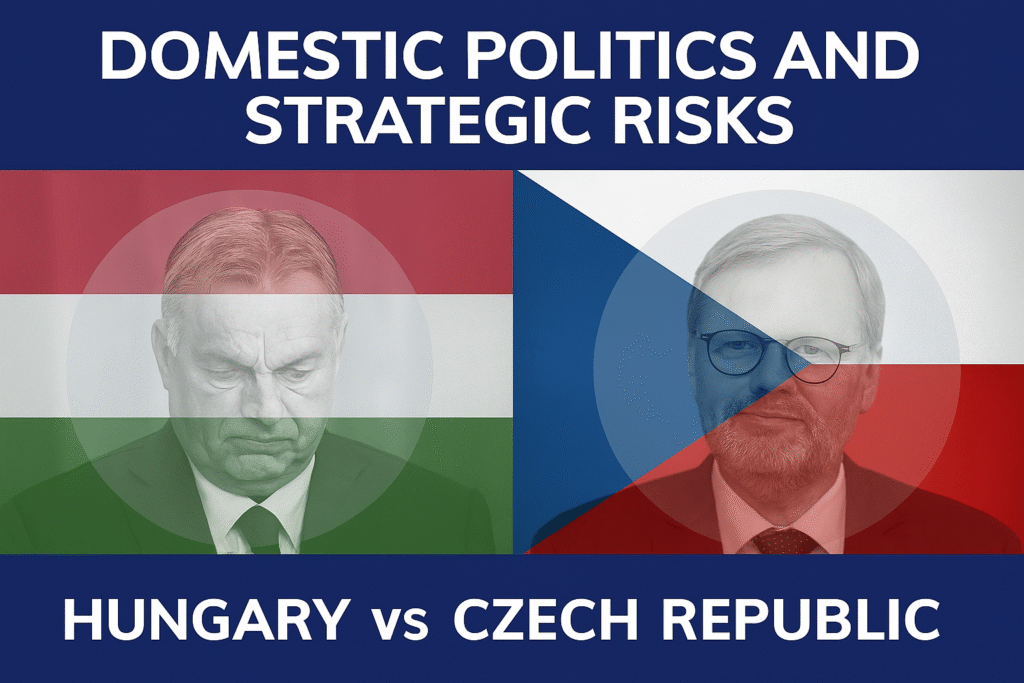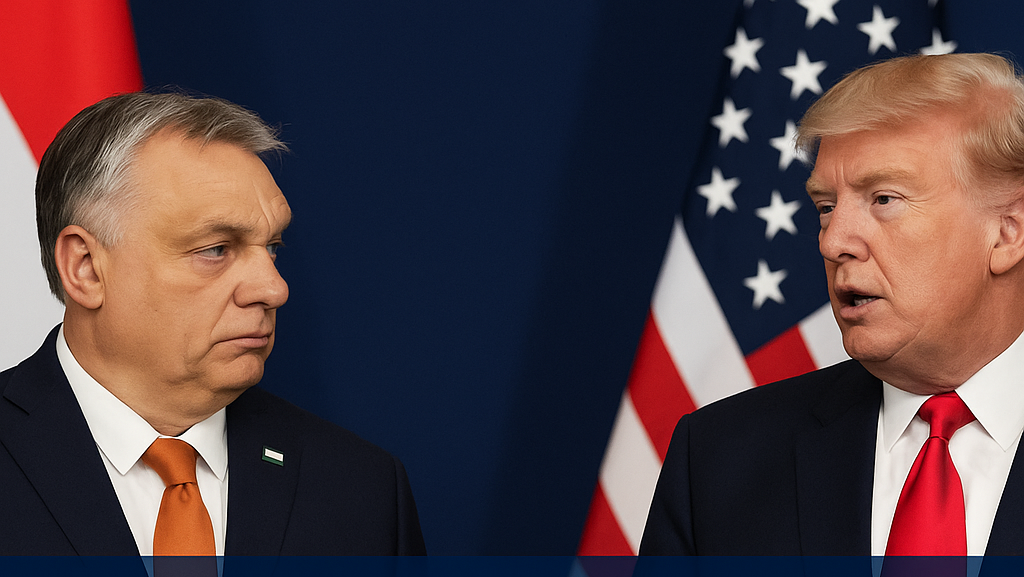Introduction
Hungary’s dependence on Russian oil has become a defining issue in European energy politics. As Prime Minister Viktor Orban prepares to meet former U.S. President Donald Trump in Washington next week, the conversation is expected to focus on energy security, sanctions, and Hungary’s controversial ties with Moscow. The stakes are high for both leaders Orban seeks political stability at home, while Trump aims to reshape transatlantic energy dynamics.
Orban’s Energy Dilemma
Hungary’s heavy reliance on Russian oil imports continues to draw global scrutiny. Despite U.S. and EU pressure to diversify, Budapest remains deeply connected to Moscow through the Druzhba pipeline, which delivers cost-effective Urals crude. Orban argues that Hungary’s landlocked geography and refinery constraints leave no practical alternative.
The Százhalombatta refinery is optimized for Russian crude, while Slovnaft in Slovakia faces similar technical barriers. Transitioning to Brent or non-Russian oil would require costly infrastructure upgrades. Orban insists that maintaining Russian supplies keeps energy prices low a key promise to voters amid economic uncertainty.
US Pressure Mounts
The United States has intensified sanctions on Russian energy giants like Lukoil and Rosneft, increasing pressure on Budapest. Trump and U.S. officials want Hungary and Slovakia to cut ties with Russian oil, offering support for alternative infrastructure such as the Adria pipeline from Croatia.
However, Orban’s government has taken few concrete steps. According to U.S. Ambassador to NATO Matt Whitaker, Hungary has made “no active moves” toward energy diversification. Still, Trump’s reputation for deal-making suggests he may push Orban toward a pragmatic compromise.
Domestic Politics and Strategic Risks
Orban’s political survival is tied to promises of cheap, stable Russian energy. He presents himself as a protector of national interests, positioning Hungary as a stabilizing force amid global turbulence. Yet, opposition leader Peter Magyar and his Tisza party are gaining momentum by accusing Orban of isolating Hungary from the EU and NATO.
The cancelled Budapest summit with Trump and Putin was central to Orban’s broader diplomatic vision. He hoped to appear as a global mediator between East and West. Despite U.S. denials, Orban insists the summit will eventually happen a claim echoed by Russian officials.

The Czech Example: A Model for Energy Transition
The Czech Republic provides a striking contrast to Hungary’s position. Also landlocked, the Czechs eliminated Russian oil imports by upgrading the Transalpine pipeline to Trieste and refitting refineries for Brent crude. By April 2025, Czech authorities proudly declared complete independence from Russian oil.
Energy experts argue that Hungary could follow the same path through the Adria pipeline from Omisalj, Croatia. MOL, Hungary’s oil company, has begun quiet technical adaptations to handle non-Russian crude. Yet disputes with Croatian pipeline operator Janaf and limited political will in Budapest stall meaningful progress.
A Crossroads for Hungary
Despite Orban’s warnings, Czech consumers have not faced significant price hikes after switching from Russian oil. This challenges the Hungarian government’s narrative that diversification would devastate the economy. Trump’s intervention could push Orban toward modernization and compromise, though such a shift risks alienating his pro-Moscow base.
The Washington meeting may redefine Hungary’s energy future. Orban faces a delicate balancing act—protecting domestic interests, managing U.S. relations, and maintaining ties with Russia. Hungary’s path forward will depend on a mix of diplomacy, pragmatism, and political courage.
As the world watches, the outcome of this high-stakes meeting could determine whether Hungary remains bound to Russian oil—or finally takes steps toward energy independence.
